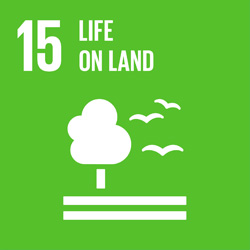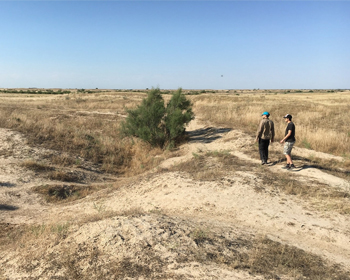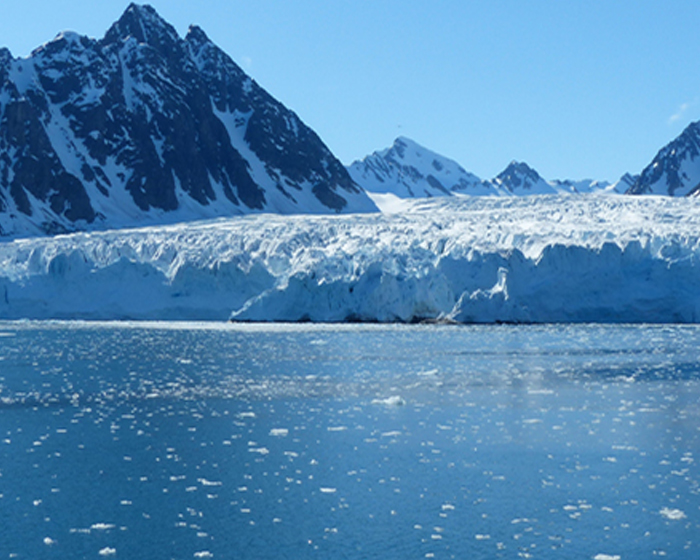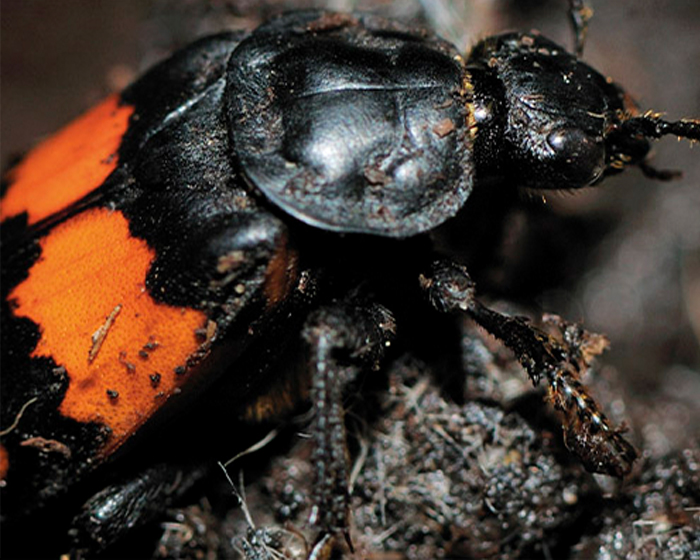UN SDG 14: Life Below Water
Conserve and sustainably use the oceans, seas and marine resources for sustainable development.
SDG Outputs
According to SciVal our colleagues produced 5 outputs relevant to SDG 14 in 2022 and 6 in 2021.
King, C., Adhuri, D.S., and Clifton, J. (2022) Marine reserves and resilience in the era of COVID-19. Marine Policy
DOI: 10.1016/j.marpol.2022.105093
Kiesel, J. et al. (2022) . Can Managed Realignment Buffer Extreme Surges? The Relationship Between Marsh Width, Vegetation Cover and Surge Attenuation. Estuaries and Coasts 45 345-362
DOI: 10.1007/s12237-021-00984-5
Overview
The University of Lincoln has a history of safeguarding life below water, including its most significant involvement: contributing to the legal frameworks that protect the ocean. Academics from across the university have also been involved in submitting reports to the EU Environment Sub-Committee on the UK-EU Trade and Cooperation Agreement, and appeared as experts at the Expert Group Meeting on the UNODC Legislative Guide on Crimes in the Fisheries Sector.
The University’s most significant contribution to Life Below Water has been through our contribution to the legal frameworks that protect the ocean exemplified by the work of Richard Barnes and Elizabeth Kirk.
Developing Legal Frameworks
Professor Elizabeth Kirk, Global Professor in Global Governance and Ecological Justice at the University of Lincoln, is an expert in environmental law who researches those factors that contribute to legal frameworks that can be adhered to by states, companies, and individuals. She has had significant impact on the goals described under SDG 14 through her work to develop a global plastics treaty to help to reduce the scourge of plastics entering our ocean ecosystems, and through her work on the sustainable and fair use of marine genetic resources.
In the BBC Radio 3 podcast series, Arts and Ideas Green Thinking, Professor Kirk discusses the United Nations Convention on the Law of the Sea and the complexities of governing activity in the Arctic Ocean in the context of climate change. Listen to the podcast.
Professor Barnes is a Professor of International Law with expertise in marine law and ocean environments. He has worked on or led a number of research projects which include, Evolving a Circular Plastics Economy, Climate Change and European Aquatic Resources, and Cumulative Effects of Offshore Developments. Since 2016 he has appeared before Parliamentary committees on numerous occasions to give evidence on the fisheries aspects of Brexit.
Supporting the Seafood Sector
A key partnership including our National Centre for Food Manufacturing has secured part of the £220 million Growth Renewal Fund and will be used to position Grimsby as a global centre for seafood innovation and education. Grimsby and the surrounding area will benefit from almost £500,000 to develop programmes that will grow the local seafood industry with improved skills, technology and innovation. The programme will work alongside the UK Food Valley Pilot (Seafood) and will help to cement Grimsby’s position as the world’s global seafood hub.
The project will address some of the industries main challenges, including the drive for sustainability, the need to digitalise, and moving towards carbon reduction. Eligible businesses can apply to receive an innovation and support package, along with an average of 12 hours one-to-one business support. Seafood businesses also have the opportunity to receive a grant of £3,000 to £9,999 to support activities that improve productivity and efficiency.
Research and the Environment
University of Lincoln academics are engaged in an array of research groups which are linked to the environment. Their research has wide reaching aims, from protecting the environment for future generations to understanding ecology and evolution.

UN SDG 15: Life on Land
Protect, restore and promote sustainable use of terrestrial ecosystems, sustainably manage forests, combat desertification, and halt and reverse land degradation and halt biodiversity loss.



